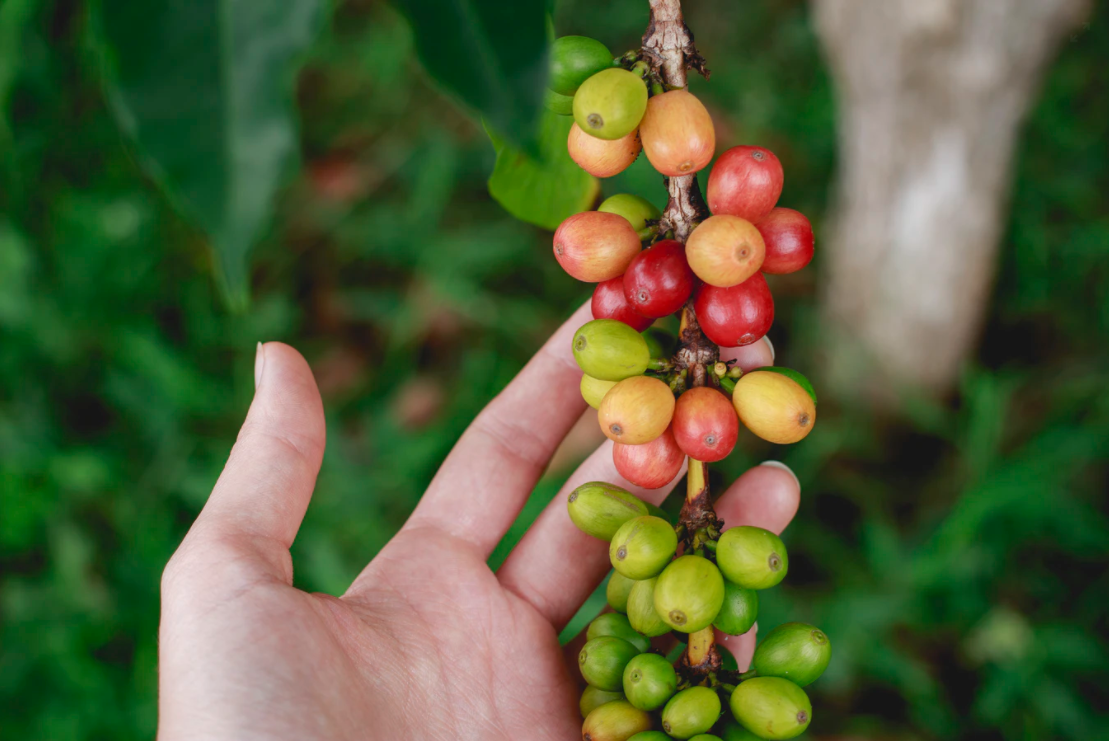
Amid a global pandemic, the brand-new platform allows coffee buyers to establish direct relationships with coffee buyers—and their unique, delicious, and traceable micro-lots—without leaving the house.
Coffee for Peace, a USAID-sponsored initiative that works to develop, facilitate, and promote the trade of traceable coffees from historic conflict zones in Colombia, has launched a brand-new online micro-lot program sharing unique, delicious, and 100% traceable coffees to international buyers. This connection is taking place through the new online micro-lot program at Coffee for Peace’s Cropster Hub virtual shop. Launched in partnership with Craft Coffees—the specialty division of the Colombian Coffee Growers Federation (FNC)—the site is launching with 9 coffees from regions where Coffee for Peace operates, with more offerings to be added each week.
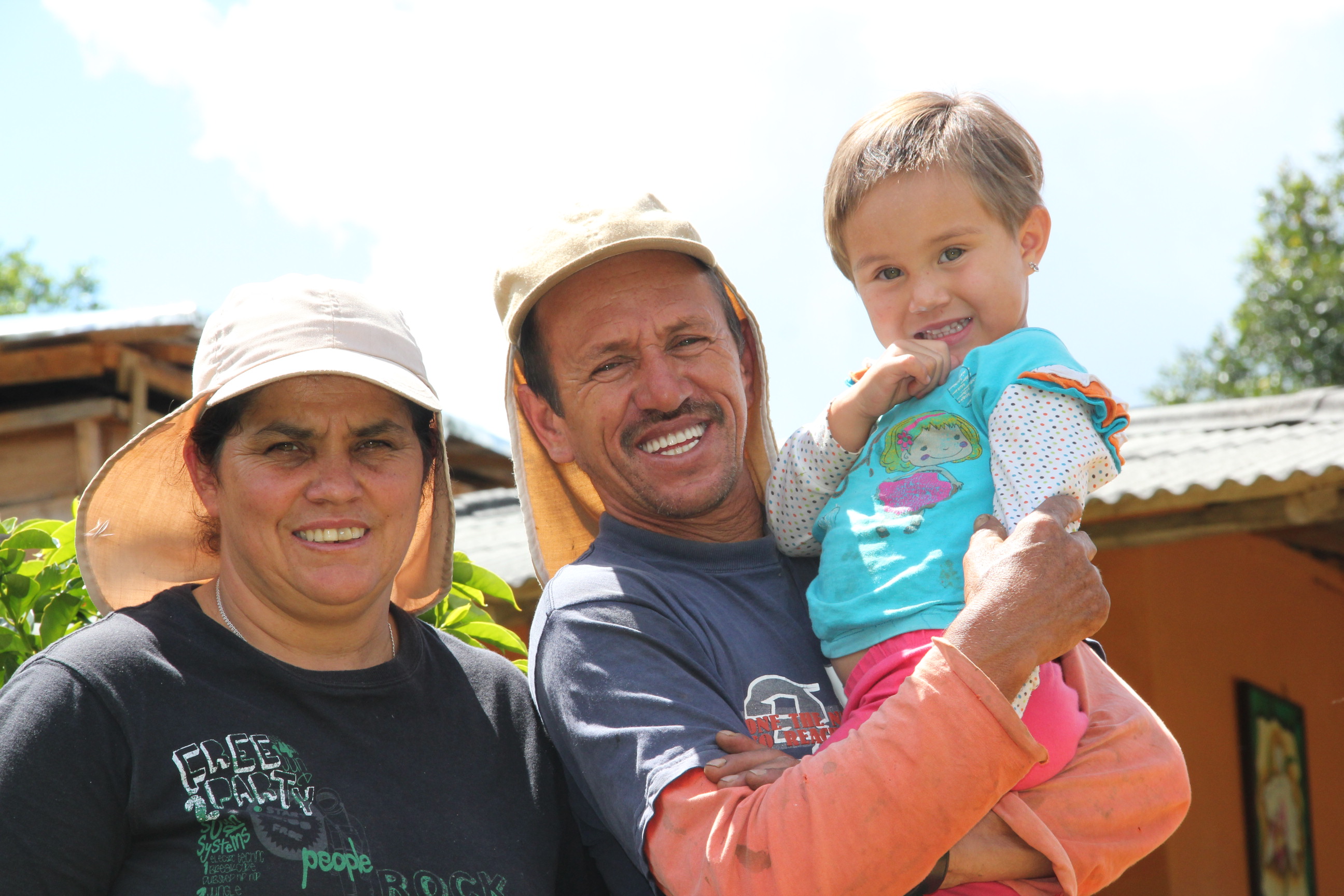
Photo: Carmen Cecilia Montoya Patiño (left) of Bella Vista farm Urrao, Antioquia, with her family.
Prospective buyers can see farmer information, price, and many more details. All coffees on the platform will feature fully transparent farmer-to-export costs, with an unprecedentedly large amount of each purchase guaranteed to the farmer due to the FNC’s ultra-efficient model, and all parties able to see these exact amounts. Juan Camilo Ramos, Chief Commercial Officer of the FNC, says, “Through the micro-lot program we are showcasing the best Colombian coffees to the world. Coffee for Peace is supporting us in promoting these coffees so that producers in conflict areas can have a dignifying source of income and can be rewarded for the high-quality coffee they produce. We believe this is a valuable contribution to peace consolidation in Colombia.”
With its online platform, Coffee for Peace is promoting a new micro-lot supply chain between primary farmer organizations (PFOs) and international coffee buyers. PFOs — and the individual farmers within them—receive training through Coffee for Peace, as well as market access through the platform to sell their coffee internationally. This collaboration-based trade model harnesses the local expertise of PFOs and the export expertise of the farmer-owned FNC, and presents it directly to buyers worldwide.

Photo: Elpidio Arboleda Tabares of La Soledad farm in Urrao, Antioquia.
This farmer-buyer connection is also happening in a safe manner amid the global COVID-19 outbreak. Through this collaborative trade model, buyers can repeatedly access the same coffees, establishing long-term, direct relationships with farmers and their PFOs, all without having to travel, nor require an importer representative to travel internationally.
“At a time like this of global concern, the collaborative model that facilitated the production, selection, and promotion of these micro-lots is superior,” says Willem Boot of Boot Coffee, which took the initiative to establish the Coffee for Peace brand, in collaboration with the Coffee for Peace initiative. “It is resistant to disruption; PFOs can continue to produce micro-lots and share them with the global specialty-coffee community through the new platform.”
Visitors to Coffee for Peace’s Cropster Hub virtual shop can learn more about the coffees and request samples. All coffees placed on Cropster Hub are in the possession of Craft Coffees, warehoused in Bogotá, and samples will be taken from the actual warehoused lots. Once an order is confirmed, the coffees will be milled and then exported within two to three weeks.
Coffee for Peace in Colombia is an alliance of coffee farmers and market allies created to develop, facilitate, and promote the trade of traceable coffees from historic conflict zones in Colombia. Sponsored by the U.S. Agency for International Development (USAID), Coffee for Peace works in in the regions of Antioquia, Bolivar, Caqueta, Cauca, Meta, and Valle, seeking to make specialty coffee a key component in the transition to peace. The Coffee for Peace initiative has been made possible thanks to the generous support of the people of the United States, through its agency for international development (USAID). The content of this press release does not represent the opinions of USAID or those of the United States Government.



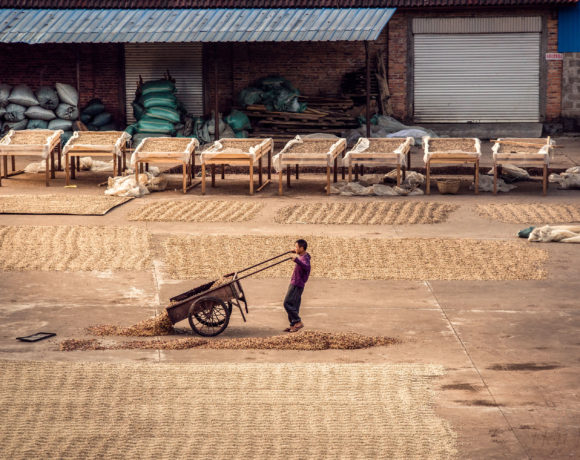
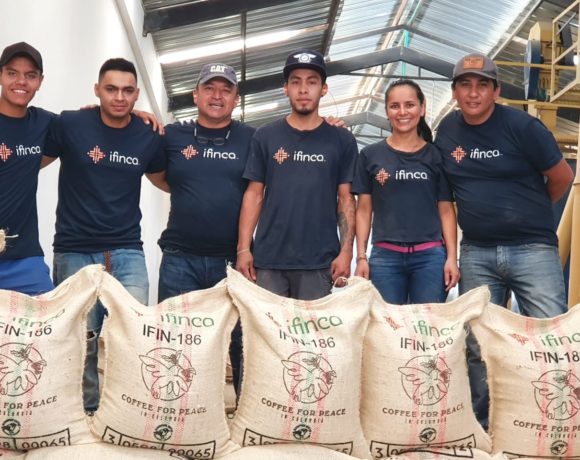
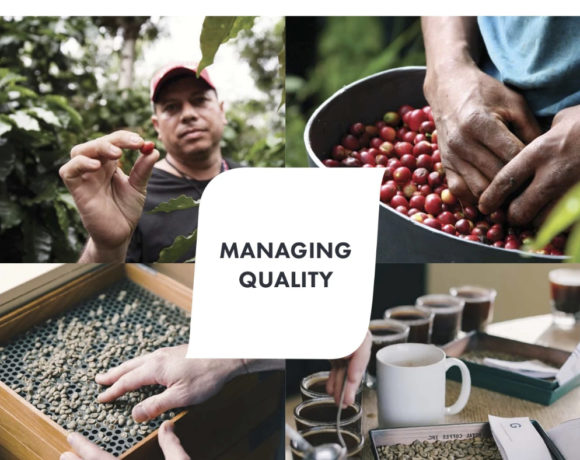






NO COMMENT